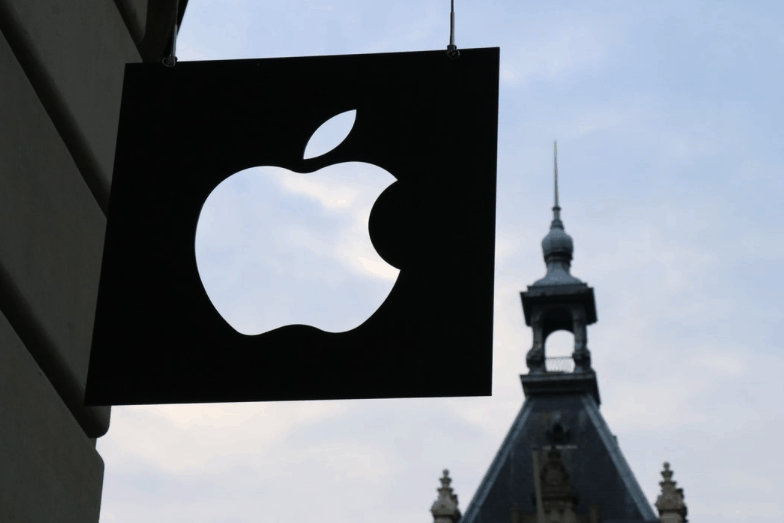Mackenzie Bouverat is a student at Harvard Law School.
The Washington Post has reported that according to two unnamed congressional staffers, Apple lobbyists are trying to weaken the Uyghur Forced Labor Prevention Act. The Act requires U.S. companies to certify to the Securities and Exchange Commission that they do not use imprisoned or coerced workers from the predominantly Muslim region of Xinjiang, where the Chinese government is allegedly detaining an estimated one to two million Uyghers in internment camps. Apple’s lobbying firm, Fierce Government Relations, has confirmed that it was lobbying on the bill on behalf of Apple, but did not indicate whether Apple supported or opposed its measures. The staffers declined to supply more information about the specific provisions which Apple was lobbying to change or omit. The bill names Patagonia, Coca-Cola and Costco as examples of U.S. companies who rely on Uygher slaves, but does not name Apple. Still, report from the Australian Strategic Policy Institute identified four instances in which labor from the Xinjiang region may have been connected to Apple’s supply chain.
Over 4,200 West Virginian workers in West Virginia have committed to a three and a half year contract with Kroger Co.. The workers previously voted “overwhelmingly” in favor of striking, after the company proposed a contract which severely limited spending on the workers’ health care plan. While details of the revised contract are not yet available, but United Food and Commercial Workers International Union Local 400 said it “fully funded” health benefits during its term and provided “real raises” for all workers retroactive to Nov. 1. The agreement runs for three and a half years and covers employees at 40 stores in West Virginia.
Kathryn A. Edwards of The Dallas Morning News opines that the pandemic-related spike in unemployment rates has so disproportionately affected women that the conditions would most accurately be referred to as a “she-cession.” Indeed, per the U.S. Bureau of Labor Statistics, there were 2.2 million fewer women in the labor force in October 2020 than there were in October 2019. Edwards attributes this gender disparity to the closure of schools (or the danger of schools), and a lack of state-supported childcare: “caregiving demands are pushing millions of women out of the workforce.” Given the recent surge in cases, Edwards does not expect the mitigation of this trend in the near future.






Daily News & Commentary
Start your day with our roundup of the latest labor developments. See all
February 26
Workplace AI regulations proposed in Michigan; en banc D.C. Circuit hears oral argument in CFPB case; white police officers sue Philadelphia over DEI policy.
February 25
OSHA workplace inspections significantly drop in 2025; the Court denies a petition for certiorari to review a Minnesota law banning mandatory anti-union meetings at work; and the Court declines two petitions to determine whether Air Force service members should receive backpay as a result of religious challenges to the now-revoked COVID-19 vaccine mandate.
February 24
In today’s news and commentary, the NLRB uses the Obama-era Browning-Ferris standard, a fired National Park ranger sues the Department of Interior and the National Park Service, the NLRB closes out Amazon’s labor dispute on Staten Island, and OIRA signals changes to the Biden-era independent contractor rule. The NLRB ruled that Browning-Ferris Industries jointly employed […]
February 23
In today’s news and commentary, the Trump administration proposes a rule limiting employment authorization for asylum seekers and Matt Bruenig introduces a new LLM tool analyzing employer rules under Stericycle. Law360 reports that the Trump administration proposed a rule on Friday that would change the employment authorization process for asylum seekers. Under the proposed rule, […]
February 22
A petition for certiorari in Bivens v. Zep, New York nurses end their historic six-week-strike, and Professor Block argues for just cause protections in New York City.
February 20
An analysis of the Board's decisions since regaining a quorum; 5th Circuit dissent criticizes Wright Line, Thryv.